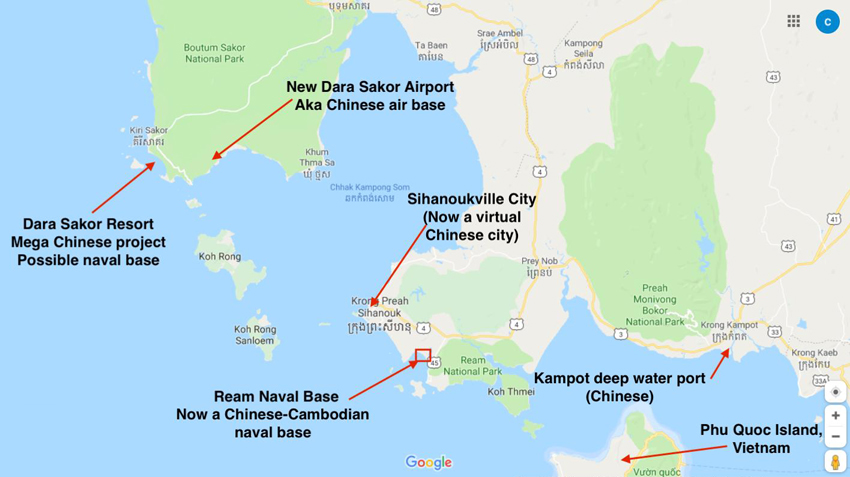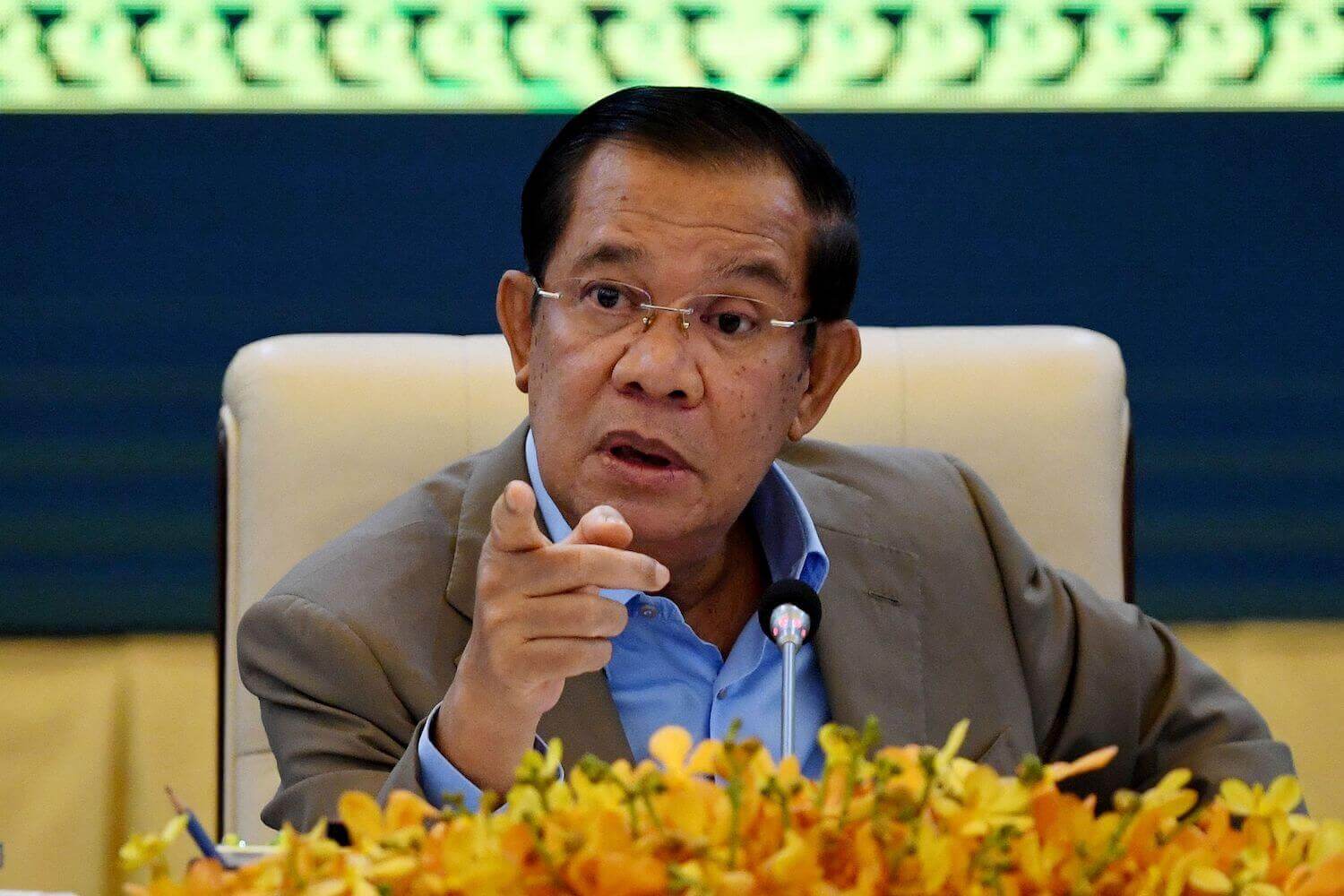Cambodian Prime Minister (PM) Hun Sen on Friday ordered the country’s military to destroy any United States (US) weaponry or store them away in warehouses.
The PM’s decision comes soon after the US’ decision last week to impose an arms embargo on the country. According to a filing with the Federal Register, the State Department banned all arms exports to Cambodia due to the “deepening Chinese military influence in Cambodia,” which it said “undermines and threatens regional security.”
The filing said: “Cambodia continues to allow the PRC [People’s Republic of China] to expand its military presence and construct exclusive-use facilities on the Gulf of Thailand despite the appeals of US officials.” Washington has been wary of China’s dual-use infrastructure projects and the Chinese military’s possible presence and activities at the Ream Naval Base for some time.
Suspicion in Washington arose when US Deputy Secretary of State, Wendy Sherman, during a visit to Cambodia in June, questioned Hun Sen regarding China’s military presence in the country and requested clarification about the demolition of US-funded buildings on the Ream naval base. While Cambodia had confirmed the demolition, calling it part of an upgrade, it denied China’s involvement. Days later, suspicion arose again when the US embassy in Phnom Penh said in June that its defence attaché had been denied full access to Ream during an invited visit.
The US’ fears about Chinese encroachment appeared to be confirmed in October, when the Centre for Strategic and International Studies (CSIS), a Washington D.C.-based think tank, made public satellite images of the Ream naval base that appear to show Chinese construction. The images highlighted construction progress in August and September and depicted several infrastructural changes on the base, including three new buildings and the start of a new road from Ream’s southeast gate to the coastal area housing the new facilities. The US had responded to the construction saying that the presence of any foreign military at Ream would be a violation of the Cambodian constitution and would undermine regional security.
Washington subsequently sanctioned two Cambodian officials affiliated with the Ream Naval Base last month, citing corruption and scheming to profit from construction work at the naval base. The US accused Cambodia of lacking transparency regarding China’s construction activities at its biggest naval base and urged the country to reveal Chinese military activities and involvement to the public. In response, Cambodian government spokesperson Phay Siphan had then defended the government’s decision saying: “If there are other friends who want to help constructing, we allow, and when the construction is finished, we welcome all countries to use it.”

Cambodia’s failure to act on the earlier sanctions thus pushed the US to level additional punitive measures on Friday.
Following last week’s arms embargo, the Cambodian PM downplayed the quality of US weapons and equipment in a Facebook post, saying: “I order all army units to immediately review arms and military items that Cambodia currently has. (We) must recall all US arms and military items if there are any - put them in warehouses or destroy them accordingly.”
“(The US arms embargo) is a warning message to the next generation of Cambodians who lead the government that if they want an independent defence sector, please don’t use US weapons. A lot of those who use US arms lost wars,” he added, referring to Afghanistan.
The US has also expressed concern about human rights abuses under Cambodian President Hun Sen, who has been in power since 1985, as well as democratic backsliding. Critics have accused Hun Sen of scaling back democratic freedoms and misusing courts to suppress opposition and activists. As evidence of the autocratic regime’s oppression, Cambodian authorities have been known to arrest dozens of former opposition members and rights campaigners in recent years. Moreover, in the last election, which was held in 2018, Hun Sen’s party won every seat in Parliament after the Supreme Court dissolved his party’s main opposition, the Cambodia National Rescue Party, one year earlier.
In fact, during his visit to Cambodia earlier this month, US diplomat Derek Chollet met with government representatives, civil society groups, and journalists and discussed human rights, the Myanmar crisis, and Cambodia’s plans for its 2022 chairmanship of the Association of Southeast Asian Nations.
Cambodia, however, has frequently rejected such accusations. For example, last year, the Cambodian Human Rights Commission rejected a report released by a group of civil society organisations that claimed that the government has severely restricted people’s rights.

